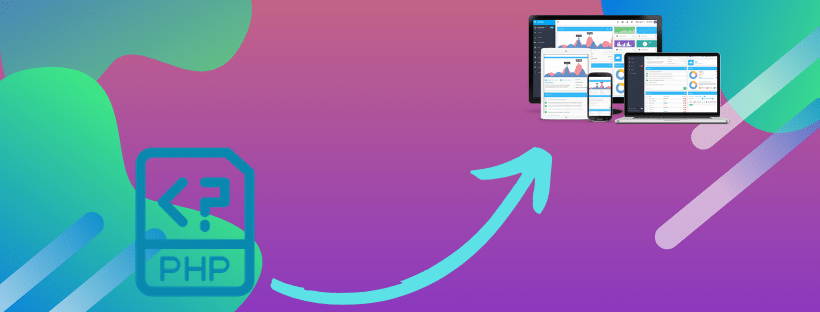Yes, PHP can be used for mobile applications, but it is primarily a server-side scripting language, not a front-end technology for creating mobile app interfaces. Here’s how PHP can be involved in mobile application development:
1. PHP for Backend Development
- Server-Side Logic: PHP is commonly used to handle server-side operations such as user authentication, database management, and API development.
- API Integration: PHP can create RESTful APIs that mobile applications (native or hybrid) can interact with for data and functionality.
2. Mobile-Friendly Websites
- Responsive Web Applications: PHP is used to build mobile-friendly websites or web apps that can work across various mobile browsers, providing a seamless user experience without the need for a native app.
- Framework Support: PHP frameworks like Laravel, Symfony, and CodeIgniter can be used to create mobile-responsive web applications.
3. Hybrid Mobile Apps
- Cross-Platform Development: PHP can be integrated with hybrid app frameworks such as PhoneGap or Ionic to create apps that run on multiple platforms (iOS, Android) using web technologies.
- Backend Support: PHP handles the backend for hybrid mobile apps, managing data processing, user authentication, and other server-side functions.

4. PHP for API Development
- Mobile App Integration: Native mobile apps (built with languages like Swift or Kotlin) often rely on PHP-based APIs for data fetching and other functionalities.
- Data Handling: PHP APIs serve as the backend for mobile apps, providing data and handling communication between the mobile frontend and the server.
5. Limitations of PHP in Mobile Development
- Not for Native Apps: PHP is not used for developing native mobile app user interfaces (UI) or integrating device-specific features like camera or GPS.
- Native Languages Preferred: Native mobile app development usually requires platform-specific languages (Swift for iOS, Kotlin/Java for Android) or cross-platform tools like React Native or Flutter.
Review:
While PHP isn’t used for the frontend development of mobile apps, it plays a crucial role in backend development, providing APIs and handling server-side operations for mobile applications.
Improving Data Management with Coding Filters!
For developers dealing with large datasets, coding filters provide an effective way to manage data more efficiently. By applying filters to sort, validate, or transform data, developers can ensure that only the necessary data is processed, making applications faster and easier to maintain.




